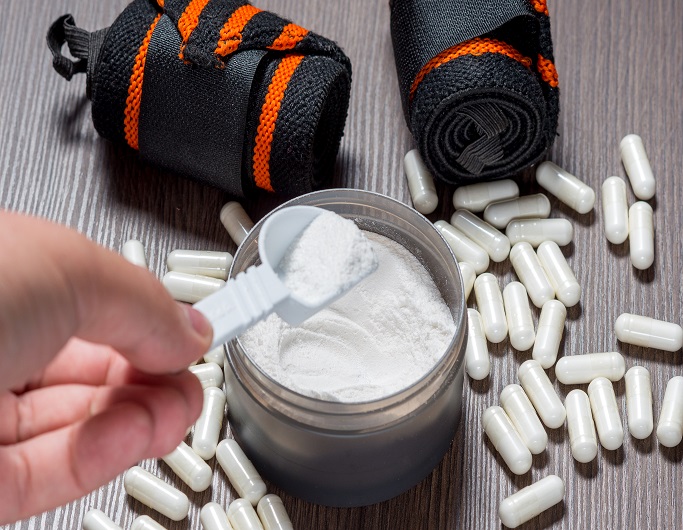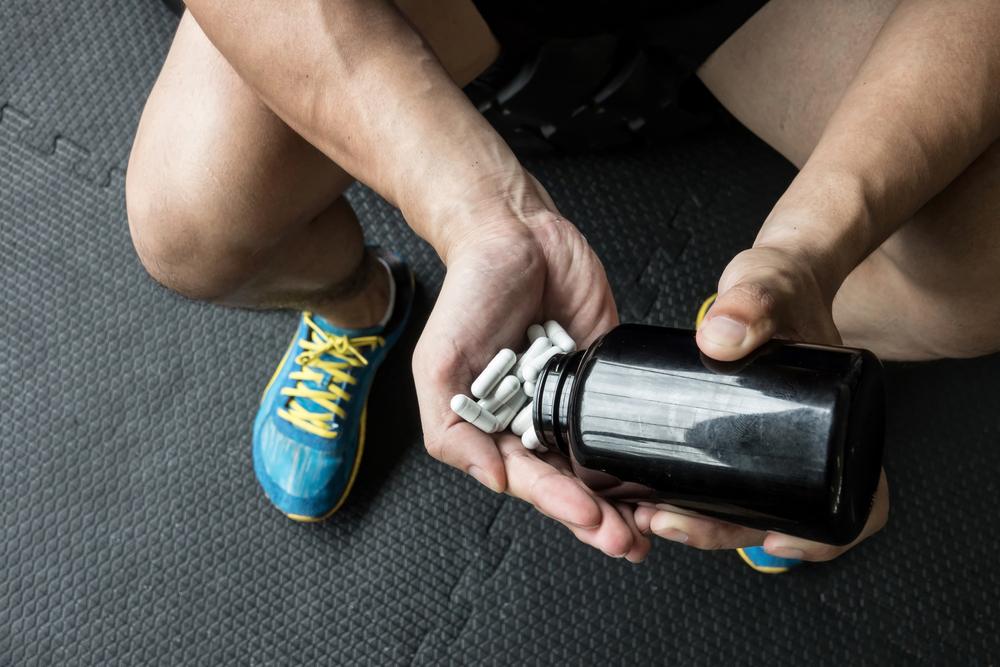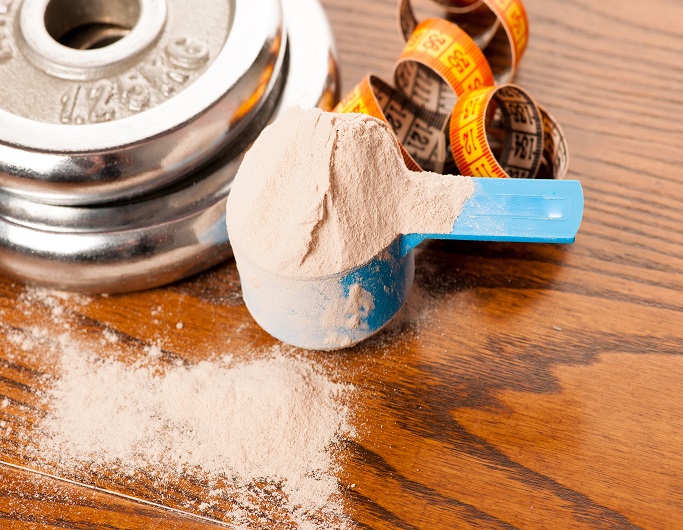
What Is Glutamine?
Glutamine is one of 22 amino acids and accounts for up to 60% of the body’s free amino acid supply. Whilst it’s not considered an essential amino acid in terms of general health, sports scientists believe it does become conditionally essential during periods of hard, intense training (or if experiencing certain gastrointestinal disorders). This is because glutamine is needed by every single muscle in the body and is considered one of the most important ‘building blocks’, or amino acids, for muscular and immune health.
Where Does Glutamine Come From?
Glutamine is found in different amounts naturally in pretty much all meats, fish and then to a slightly less extent certain vegetables. Realising that athletes benefit from higher amounts glutamine, scientists created a fermentation process that consists of glucose as a carbon source, ammonia as a nitrogen source and a small amount of minerals and vitamins as growth factors, which then produces glutamine on a larger scale, 2000 metric tonnes annually according to Isao Kusumoto, 2001.
Glutamine For Muscle Mass?
Glutamine is used by strength athletes (and bodybuilders) due to its anti-catabolic properties. This means it prevents the breakdown of muscle tissue which is essential to those who need functional muscle mass such as rugby players or bodybuilders who are dieting for a competition but want to keep their hard earned muscle. One method it does this is by increasing the hydration of muscle cells, a promoter of anabolic processes.
Glutamine For Your Immune System?
Glutamine has also been shown to ‘fuel’ the immune system, therefore it’s long been known that depletion of glutamine within the body through intense training or illness can detrimentally effect the immune system. So much so in fact a study published in the European Journal of Applied Physiology and Occupational Physiology showed that athletes undergoing intense, hard training who supplemented with glutamine actually experienced less frequent and less severe illness than those who didn’t (L. M. Castell et al, 1996).
Glutamine Used In Medicine
Lastly the benefits of glutamine are considered so impressive that it’s even used in hospitals to counteract muscle loss in those who have just had surgery (F Hammarqvist et al, 1989). Studies showed that those who were supplemented with a glutamine supplement experienced less muscle mass loss than those who didn’t, even during bed rest.
References:
- P Stehle, N Mertes, CH Puchstein, J Zander, S Albers, P Lawin, P Furst (1989) ‘Effect if parenteral glutamine peptide supplements on muscle glutamine loss and nitrogen balance after major surgery’ The Lancet, Volume 333, Issue 8632, 4 February 1989, Pages 231–233
- F Hammarqvist, J Wernerman, R Ali, A von der Decken, and E Vinnars (1989) ‘Addition of glutamine to total parenteral nutrition after elective abdominal surgery spares free glutamine in muscle, counteracts the fall in muscle protein synthesis, and improves nitrogen balance.’ Annals of Surgery, 1989 April; 209(4): 455–461.
- L. M. Castell, E. A. Newsholme and J. R. Poortmans (1996) ‘Does glutamine have a role in reducing infections in athletes?’ European Journal of Applied Physiology and Occupational Physiology, Volume 73, Number 5 (1996), 488-490
- Isao Kusumoto (2001) ‘Industrial Production of l-Glutamine’ The Journal Of Nutrition, September 1, 2001 vol. 131 no. 2552S-2555







No Comments yet!